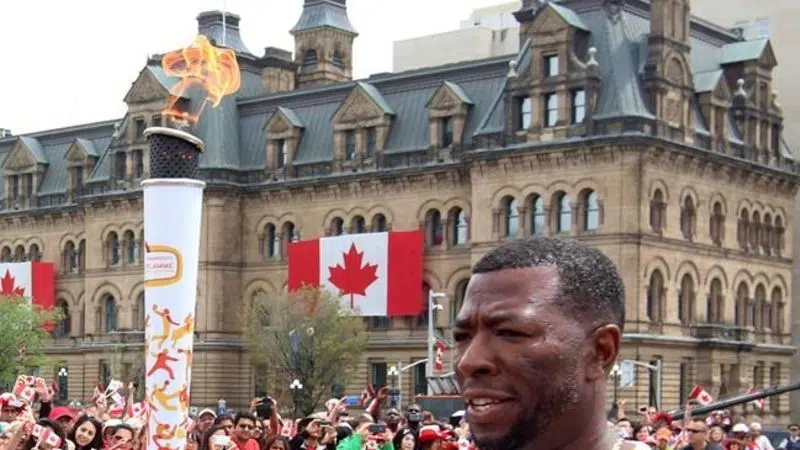
Canada’s track & field team looks to erase blip from 2017 worlds championships
Glenroy Gilbert’s first world track and field championships as Canada’s head coach was one to forget.
The Canadian squad arrived in London in 2017 shouldering huge expectations, but was slammed by illness and injuries and went home with zero medals.
Team stars Andre De Grasse and Derek Drouin withdrew with last-minute injuries. A nasty Norwalk virus swept through the team hotel, leaving decathlete Damian Warner, among others, too ill to compete at anywhere near their best.
“It’s incredible how quickly things turned in London with all the various ailments and misfortune that we had with our athletes,” said Gilbert. “It was like nothing I’d ever seen or experienced, as a coach or an athlete.”


